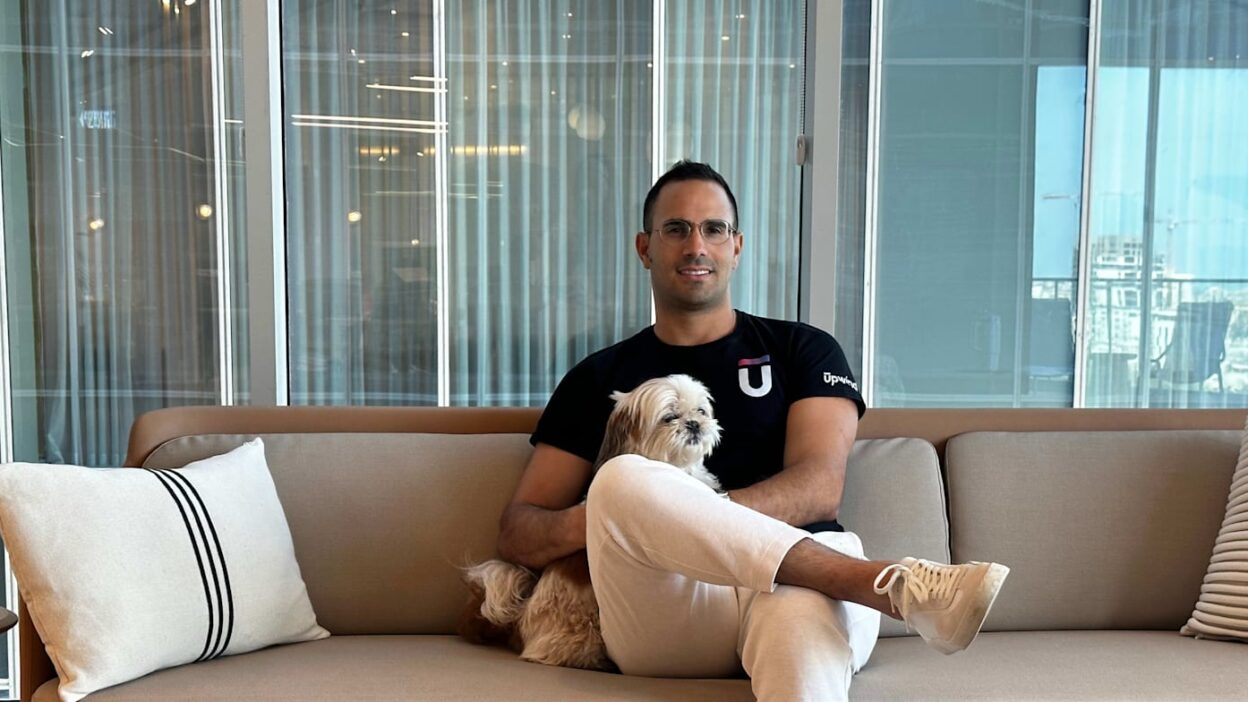In November, TechCrunch reported that cybersecurity startup Upwind was receiving a significant amount of inbound interest to raise capital at a high valuation
Currently, we can verify that the agreement has been finalized: Upwind has successfully completed a $100 million Series A round. The company has verified that the round is valued at $900 million post-money.
The deal is being led by Craft Ventures, the investment company that David Sacks established, with TCV, Alta Park Capital, and all of Upwind’s previous backers also participating.
Greylock, Cyberstarts, Leaders Fund, Omri Casspi’s Sheva Fund, and Penney Jar, the investment fund of basketball player Stephen Curry, are among the past investors.
The company has now raised $180 million, and this most recent valuation triples the price it received in its pilot round.
Located in New York The funding will be utilized by Upwind to expand its workforce.
The company presently has approximately 150 employees and intends to double that number in the Bay Area, Iceland, the U.K., and Israel, with an emphasis on sales and marketing.
The company will also persist in the development of its platform, which is dedicated to “runtime” security.
This involves the prioritization of alerts and remediation efforts related to threats and vulnerabilities in active services in real time.
Typically, organizations are overwhelmed by a deluge of alerts that span their networks. Upwind asserts that it can reduce this number by 90%, allowing organizations to concentrate solely on the most critical alerts.
It is currently focused on the following areas: Cloud Security Posture Management (CSPM), Cloud Workload Protection Platform (CWPP), Cloud Detection and Response (CDR), API security, vulnerability management, identity security, and container security.
The current valuation of Upwind at $900 million in Series A is indicative of the current level of investor interest in cloud security, which is a direct result of the attention that cloud security is receiving from enterprise developers and CISOs.
In summary, cloud computing has become an essential tool for organizations that require the ability to rapidly scale up and down or to adopt (or discontinue) services on-demand.
However, the expansion of the cloud computing market has proven to be a minefield for security teams.
The complexity of attack “surfaces,” which are the periphery of an organization’s systems, is increasing.
This includes devices, applications, networks, infrastructure, and connectivity with partners, among other things. Inadvertent vulnerabilities are generated as additional components are incorporated and removed, or as updates are implemented.
In order to ensure the security of individuals and businesses, cloud security companies must devise strategies to remain one step ahead of malicious hackers who are prepared to exploit all of this.
An army of cloud security firms and larger, more established companies are developing tools to accomplish this. Upwind is one of them. Wiz, Orca, Palo Alto Networks, Check Point, and other companies in the same industry are among the others.
The broader business climate is also a contributing factor to Upwind’s optimism in the market, as several of the most successful companies are experiencing a significant increase in investment and business.
Wiz, which has asserted itself as one of the fastest-growing firms of all time (it is not yet five years old and anticipates reaching $1 billion in ARR by the end of the year), declined a $23 billion offer from Google, as it is confident in its ability to grow independently.
Amiram Shachar, the CEO and founder of Upwind, is of the opinion that the company’s emphasis on runtime notifications distinguishes it from its competitors.
In fact, the sole emphasis on alerts is rapidly becoming commoditized. For instance, Wiz acquired Dazz last week in order to improve its alert strike rate.
However, it appears that it will also be expanding this to include more predictive notifications. He stated in an interview that a portion of the investment will be allocated to “acquiring a basic understanding of cloud security.”
“We will be transitioning to AI security and advanced prevention by the end of this year and the following year, focusing on code and dependencies in code to enhance the platform’s fidelity,” he stated. “This is our destination.”
Investors are also optimistic that there will be sufficient space for additional companies and innovation in the years ahead, given the frequency and magnitude of cyber intrusions.
“Cloud security is still in the early innings. Over the next decade, we believe it will grow into the most consequential market in security”, said Morgan Gerlak, Partner at TCV, in a statement. “We also believe demand in cloud security will shift to runtime. Upwind has timed its product expertly, and Amiram and his team have a whole lot to play for.”



